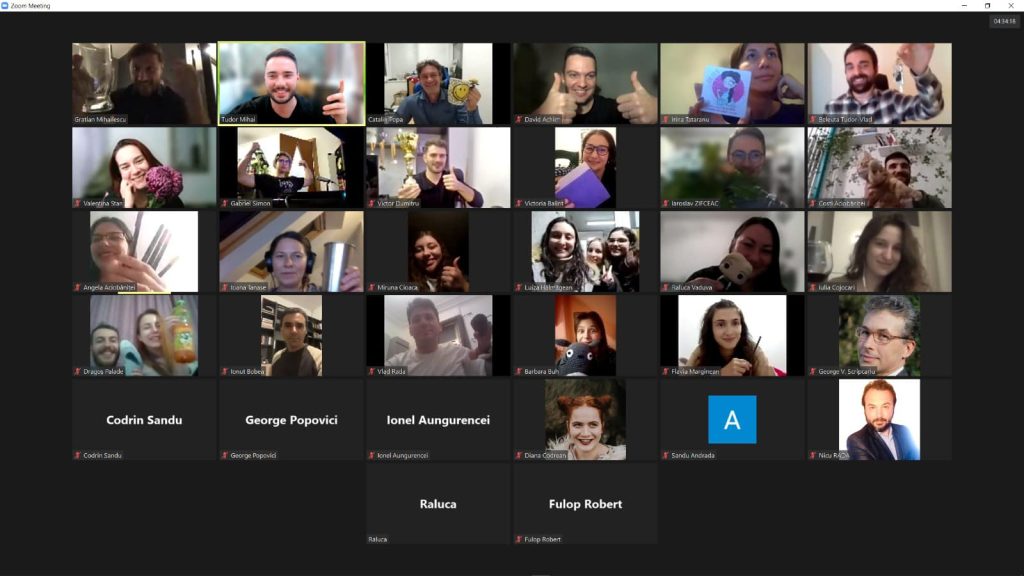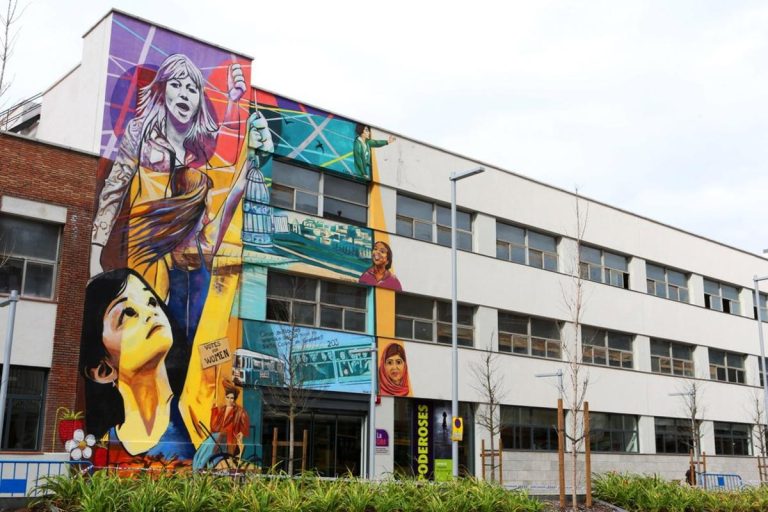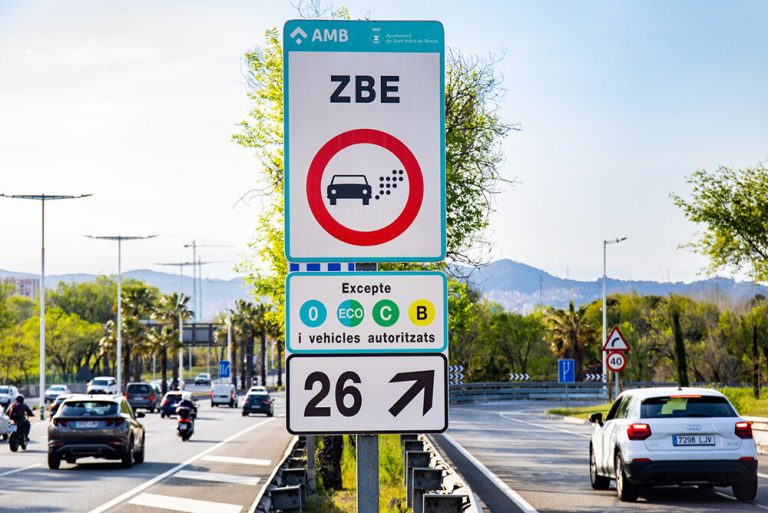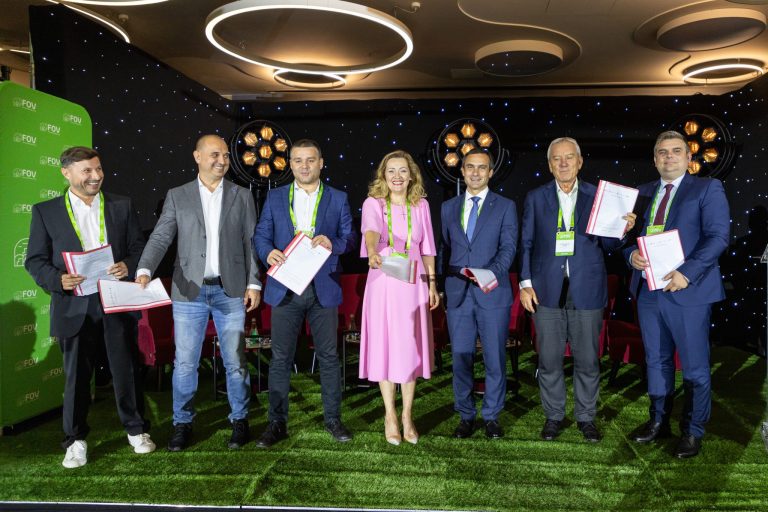UrbanizeHub encourages public initiatives and challenges the people to come up with solutions for better cities. We present in this article the projects proposed during the Urban Innovation Hackathons, a contest organized in two important Romanian cities, and we hope that more people will participate in our future hackathons.
Between October and November, UrbanizeHub implemented the project People Shaping Cities for the People in two Romanian municipalities, Brașov and Oradea. Besides the UrbanTalks, where we presented good practice models about which we largely wrote in this article, the second part of each event were the Urban Innovation Hackathons. We brought teams of citizens with initiative to design projects that would offer solutions for urban mobility, public spaces, climate change and digital transformation. Our sponsors offered prizes of 4000 euros that went to our six winners. We had 15 teams that managed to finish their proposals, three in Brașov and 12 in Oradea.
The evaluation criteria accorded different scores for the problem and its relevance for the community (20%), for the proposed solutiion (40%), the market potential (15%), financial susteinability in terms of covering the operational costs and generating income (20%) and the progress the team made during the hackathon (5%).
In Brașov, we had two winners. First prize went to the team Mobiliștii cu zâmbete (Smiling Mobilists), who proposed a car-fee payment system to enter with a vehicle in certain areas of Brașov. This practice is already applied in Milan (Italy), Göteborg (Sweden) and Stockholm (Sweden). The results in these three examples are a small increase in public transportation use, a noticeable decrease in the number of vehicles stuck in trafic (18% for both Swedish cities) and about 30% less pollution in Milan. For Brașov, the team thought about a points based system, where one acces means 3 points and is valued at 2 lei. People who pay taxes in the county of Brașov will receive 12 points each month for free. Of course, there will be some exceptions from paying the fee (residents living in the city of Brașov, taxi services, public intervention vehicles and goods distribution cars), but the aim are reducing the use of cars, incresing road safety, decreasing the traffic in residential areas and ensuring a higher quality of life for the people living in the city. The members of the team are Mihaela Chirvasa, Andra Panait, Adrian Covasnianu, George Boroda and Maria Monica Iuca.
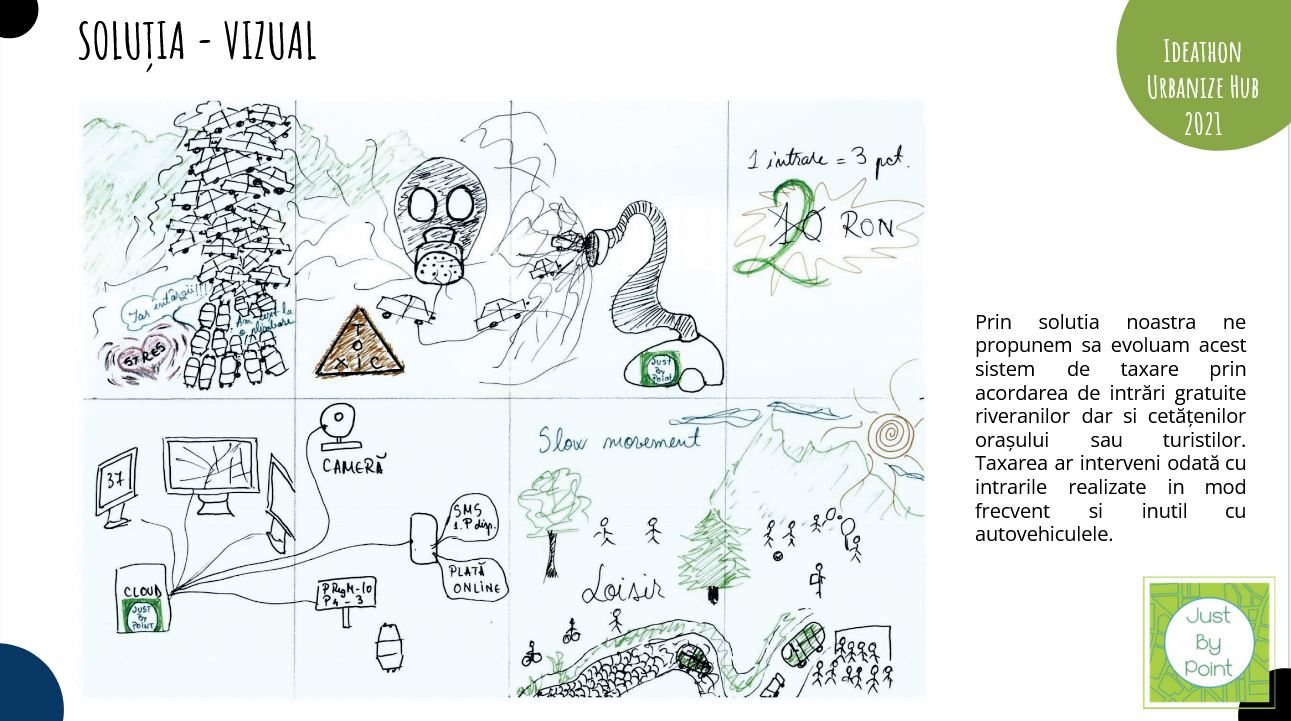
The second prize went to the team called Purificatorii de aer (The Air Purifiers), who proposed creating a Botanical School Amphitheatre to combat the air pollution present in Brașov. The team’s plan is conceptualized in three stages. The first one is to reconfigure an already existing park into a school botanical garden through contests organized between schools. The second stage is to create a skatepark and install different attractions through a solution contest. The third and last stage is resystemizing the Buzești Street or the Stadiom Street so that a green area about 20 meters wide and 800 meters long could be created. The projects should take about 60 months and, at the end, the city hall can ask for a modest entry fee to visit the Botanical Amphitheatre, as well as asking for fees to let people organize events in the new green location. The team members are Ana-Luiza Boboc, Dan Corolea and Daniela Popovici.
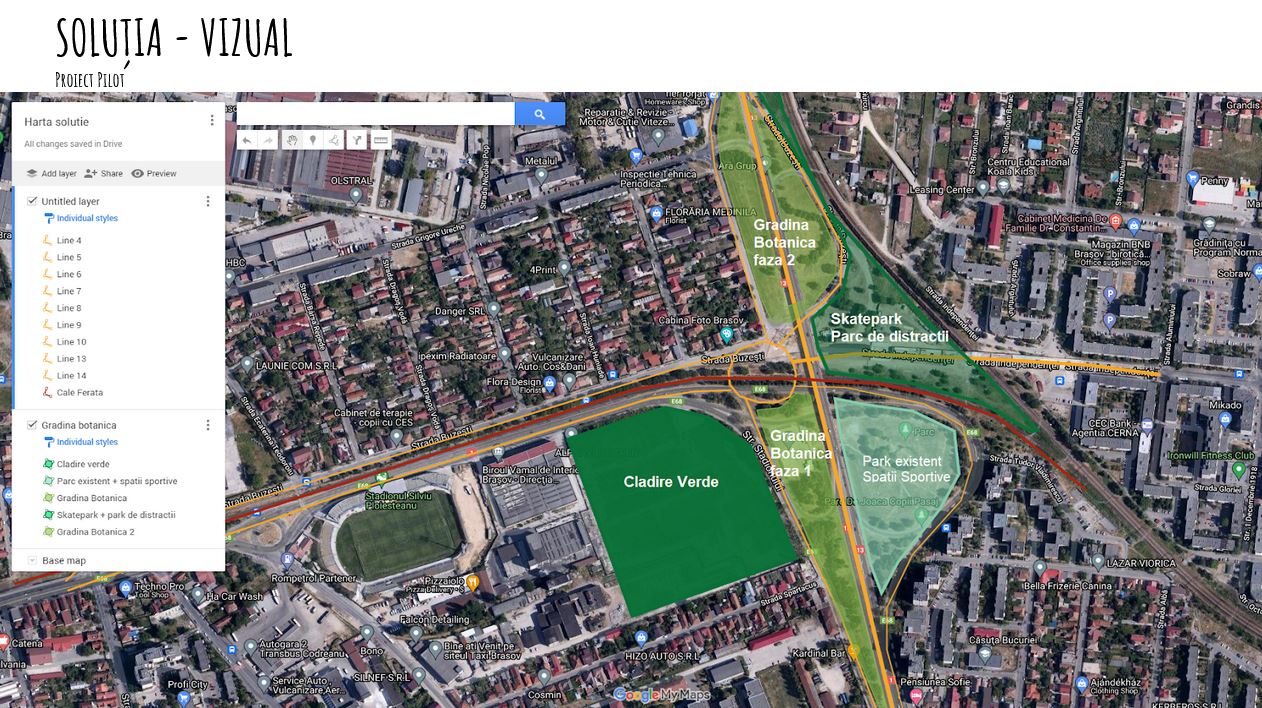
In Oradea we had the pleasure to award four prizes to the Urban Hackathons participants. The first prizer in was Rastel.io, who thought about how bike parking stations should look like both in terms of functionality and aesthetically. Artists will be invited to design the parking stations so that the final products brings visual pleasure to the passerbyes. Regarding functionalities, they will offer real time data about the free spaces they have, cyclists will be able to use an app to see these information and reserve a spot. Furthermore, the owner of the bike will be informed about the status of his bike so that he feels completely safe and does not worry about potential attempts of having it stolen. The idea was thought by Tudor Beleuță, Sebastian Mihalache, Victoria Balint, Irina Tătăranu and Robert Kovacs.
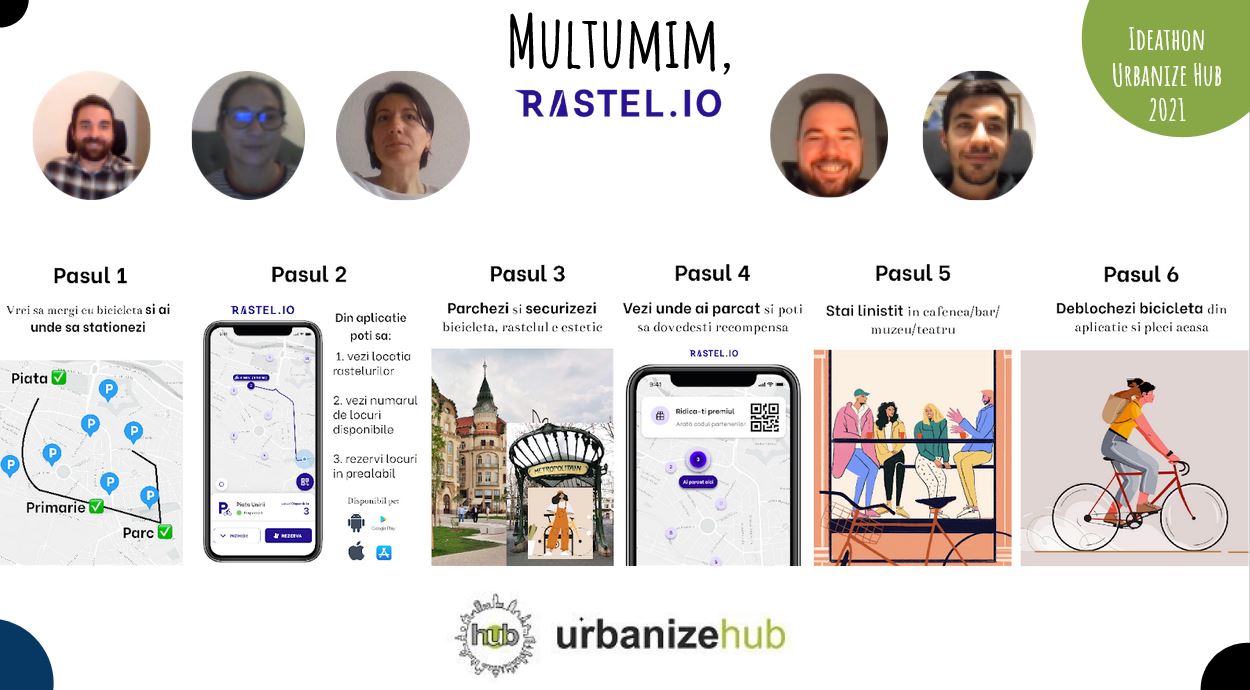
The second prize went to Smart Lights, who wishes to offer sollutions regarding city traffic. The plan of the team is to create an app that will be free for the large public and will be different from other apps that interpret traffic data for the users. Data will be collected through cameras installed on top of some steel beams and powered through solar panels. Beside car-caused congestions, the app will provide data about pedestrian movement, pollution and will offer the possibility of syncronizing the traffic lights for optimizing the car flow. Last but not least, the public administration will be able to use the data for city design projects that would help fix problems regarding mobility and pollution. The members of the team are Dumitru Victor, Cioacă Miruna, Simon Gabriel and Stan Valentina.
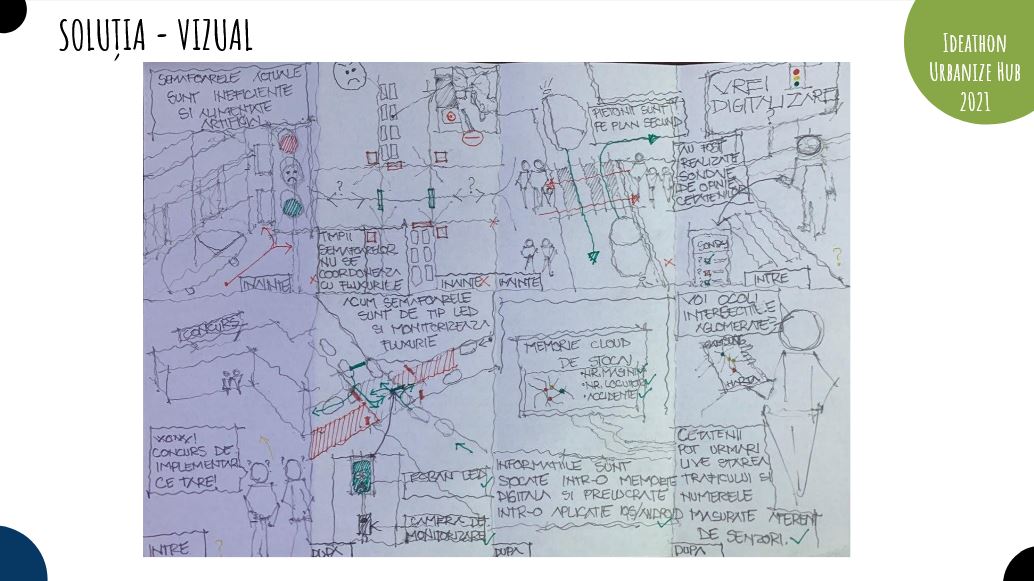
The third place was won by ReOradea and addresses the theme of recycling. The team envisioned a website that will offer a guide for recycling so that the citizens will be fully informed about the process, it will have a section dedicated to repairing, reusing and donating objects, a sector with videos that will explain how to recycle effectively, a map with recyclers and centers of recycling, a sector explaining the PAYT system and another one for information about recycling at home, office, school and kidergarden. The website will be free for citizens and the businesses that operate in recycling will pay a modest fee to advertise their offers. The aim of this project is to reach the EU quota of 50% recycling rate, educating citizens and increase the added value of discarded items. The members of the team are Ioana Tanase and Barbara Buh.
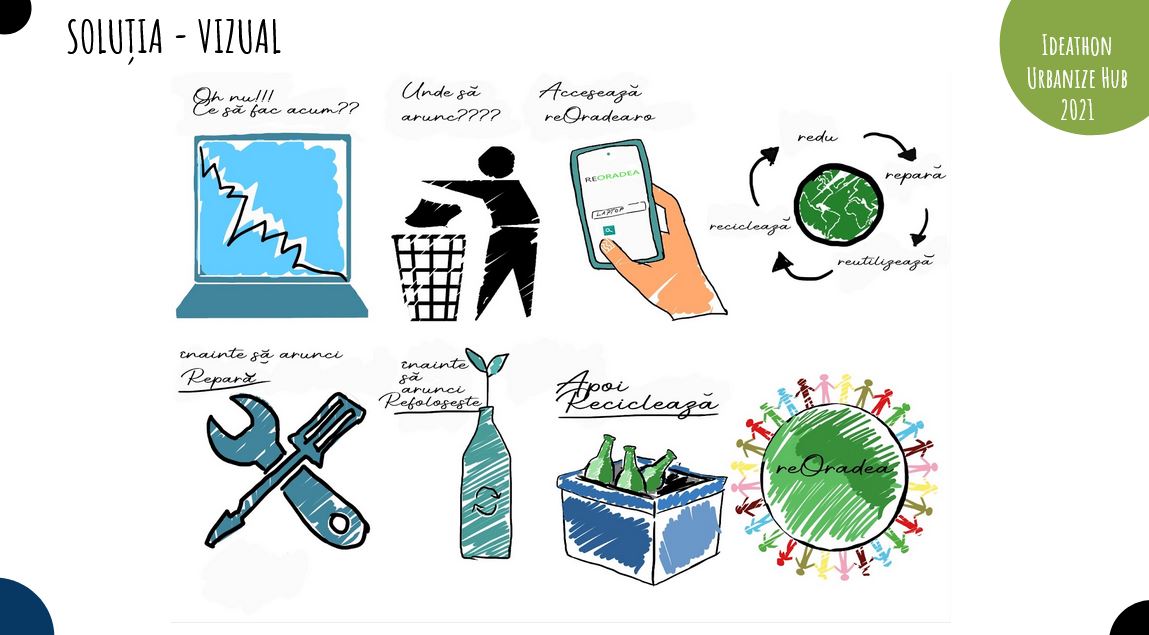
The fourth prizen went to (T)Rain for the future, whose purpose is creating rain gardens that will prevent city floodings. Rain gardens are a sustainable system for draining rainfall and distribute it to plants that survive in waterlogged soil. It is important to mention that the gardens will not be a permanent water space, but it will allow rain water to drain slower and increase the infiltration of water in soil. By this method, streets will no longer be flooded and pollution will be lowered. Other aspects that represent a plus for this system is being functional during drought or winter, creating a habitat for birds and insects and giving community a feeling that they own the means of combating pollution. The members of this team are Luiza Hălmăgean, Tania Crișan, Elena Ciuchete and Robert Neagoe.
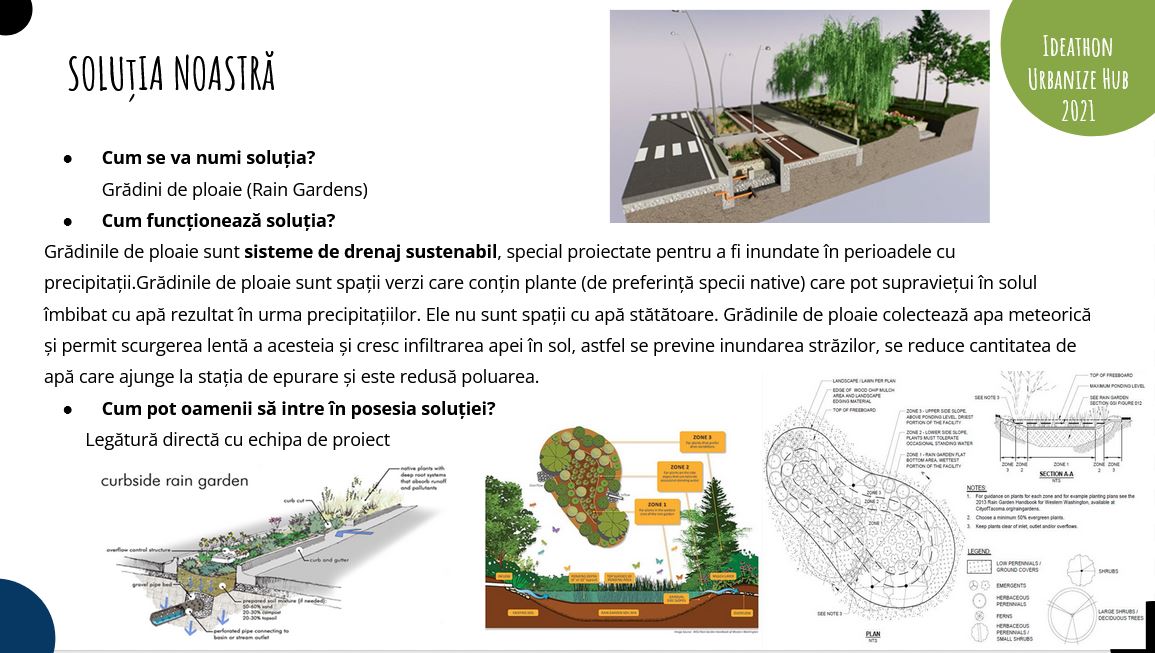
This being said, we would like to congratulate the others who although they did not reach the podium had very interesting ideas, received feedback and proved they are engaged citizens that can become urban leaders for their communities. Emil Zaharia-Kézdi proposed an integrated platform for managing protected areas. Diana Codrean and Iaroslav Zifceac, part of the 15 Minutes City team, proposed a project that would identify building that could be converted so that Oradea will become more interconnected. Ligia Gherman, Flavia Mărginean, Anca Popa, Vlad Rada and Andrada Sandu from La Bloc (At the Block) had the idea of designing a kit that would serve people living in apartment buildings to design a friendly space around their blocks. Dragoș Palade and Larisa Andreea Culache from DreamBig have presented a concept already applied in Barcelona, that of Superblocks and transforming apartment building in a kind of centers which ensure the needs of the inhabitants and build better communities. Florin Ciocan, Robert Fulop and Sebastian Muresan were the Urban Path team and they proposed creating a Google Maps navigation route for cyclists so that they avoid streets and sidewalks not dedicated to bike use. Mihaela Safta, Nicu Rada and Ionut Bobea proposed an app where people will be able to register the amount of trash they produce and be taxed accordingly. Angela, Ionel, Ștefana and Costi from 9 ReGrow had the idea of creating urban gardens for school so that pupils can learn about the environment while recycling biodegradable trash. Iaroslav Zifceac and George Scripcariu from Open Source Oradea proposed a platform that would integrate other apps and ultimately lead to a simpler user experience and provide an operating system for the city. Andra Buricea and Dan Corolea from Exportatorii de Sănătate (Healthcare Exporters) create an online platform that blends tourism with healthcare and offers packs for different kinds of interventions (dental, consultations, recoveries).
UrbanizeHub expresses our thanks towards DG Regio, who was our close partner in developing the project People Shaping Cities for the People. We also thank our sponsors, Make IT Oradea, Nhood, Asociația Română de Iluminat (ARI) and espectially the teams who participated in the Urban Innovation Hackathons. We hope that their example will inspire other urban leaders to create concepts that seek to solve community problems.
*The contents of this material are the sole responsibility of UrbanizeHub (Institute for Local Development – Think Global Act Local) and do not necessarily reflect the opinion of the European Commission.

